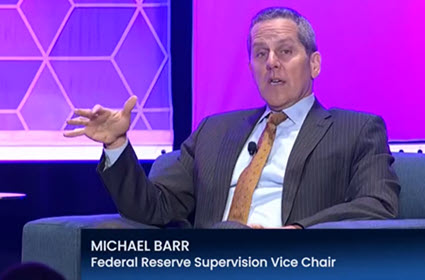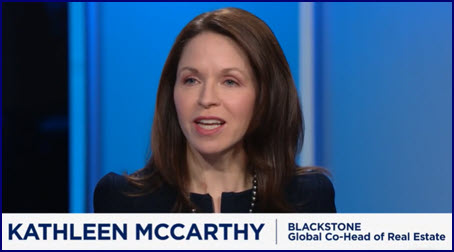
This week, the General Services Administration (GSA) announced its plan to sell half of the federal properties it leases—a decision that compounds President Trump’s return-to-office mandate and Elon Musk’s “buy out” offered to federal workers. (Newsweek, Feb. 5)
Why It Matters
- In 2024, GSA owned or leased more than 360 million square feet of space across more than 8,000 buildings nationwide, according to its most recent annual report.
- Just as federal workers are returning to offices—prompted by a Trump Executive Order —the “cumulative damage” of canceling federal leases under a Department of Government Efficiency (DOGE) led initiative “would be severe.” (GlobeSt, Jan. 30).
- A recent Trepp analysis quantifies the impact of GSA-leased space in the Chicago, Dallas, Los Angeles, New York City, Washington, DC, and other metro areas where federal tenancy accounts for significant percentages of total office inventory. (Roundtable Weekly, Jan. 31)
- If enough termination clauses are exercised, these markets could face economic disruption, with no guarantee of equivalent replacement tenants. (GlobeSt., Jan. 30)
- Last week, a memo was sent from GSA headquarters in Washington, DC instructing regional managers to begin terminating leases on all of the roughly 7,500 federal offices nationwide. Recently appointed acting GSA administrator Stephen Ehikian also announced two of the agency’s properties, including their headquarters building at 1800 F Street, NW, will be listed for sale in a ‘first step’ to cutting real-estate expenditure. (AP News, Feb. 4).
- GSA recently appointed Michael Peters as commissioner of the Public Buildings Service (PBS), which will play a role in managing cost-effective workspace solutions for federal agency customers. Peters told staff in an email that non-Defense Department federal building space — both owned and leased — “should be reduced by at least 50%.” (GlobeSt. Feb. 4)
What to Watch
- The extent of the GSA’s leased and owned property inventory will be affected by any reductions in the federal workforce.
- A federal judge on Thursday extended the deadline for government employees to decide on the Trump administration’s “buyout” offer, delaying the original cutoff until Monday amid uncertainty over the evolving terms of the “Fork in the Road” email. (Axios, Feb. 6)
- As of Thursday, roughly 50,000 federal workers had accepted President Trump’s deferred resignation offer ahead of the original deadline. (Washington Post, Feb. 6 )
- DOGE, led by Elon Musk, estimates the push for “deferred resignations” could shrink the federal workforce by 5% to 10%. (AP News, Jan. 28) (Axios, Jan. 28)
- The administration argued the delay was unnecessary and would disrupt workforce expectations, but said it would comply with the order.
The Roundtable will continue to keep members informed about further developments as the administration’s policies evolve.



















